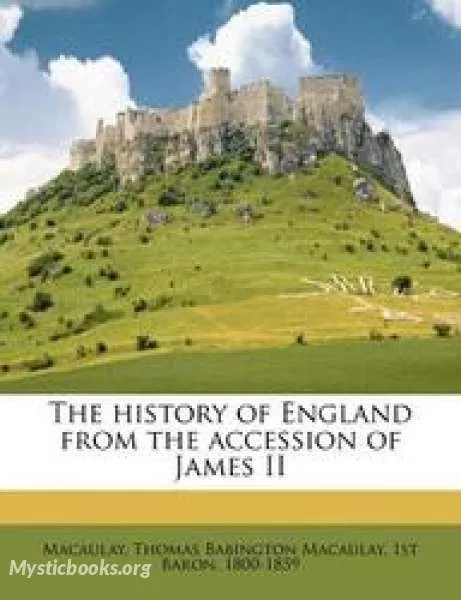
The History of England, from the Accession of James II - (Volume 4, Chapter 21)
'The History of England, from the Accession of James II - (Volume 4, Chapter 21)' Summary
Macaulay's approach to writing the History was innovative for his period. He consciously fused the picturesque, dramatic style of classical historians such as Thucydides and Tacitus with the learned and factual approach of his 18th-century precursors such as Hume, following the plan laid out in his own 1828 "Essay on History".
The History is famous for its brilliant ringing prose and for its confident, sometimes dogmatic, emphasis on a progressive model of British history. According to this view, England threw off superstition, autocracy and confusion to create a balanced constitution and a forward-looking culture combined with freedom of belief and expression. This model of human progress has been called the Whig interpretation of history.
Book Details
Language
EnglishOriginal Language
EnglishPublished In
1848Authors
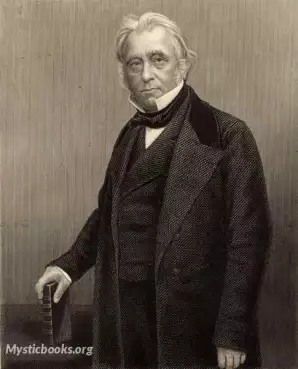
Thomas Babington Macaulay
England
Thomas Babington Macaulay, 1st Baron Macaulay was a British historian and Whig politician. He is considered primarily responsible for introducing the Western education system in India. He wrote extens...
Books by Thomas Babington MacaulayDownload eBooks
Listen/Download Audiobook
- Select Speed
Related books

Queen Elizabeth by Edward Spencer Beesly
Edward Spencer Beesly's biography of Queen Elizabeth I delves into the life and reign of the last Tudor monarch, exploring her political acumen, relig...
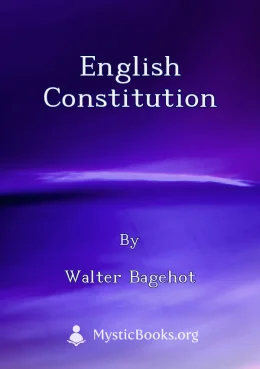
English Constitution by Walter Bagehot
Walter Bagehot's *The English Constitution* is a foundational work of political science that analyzes the workings of the British government in the 19...
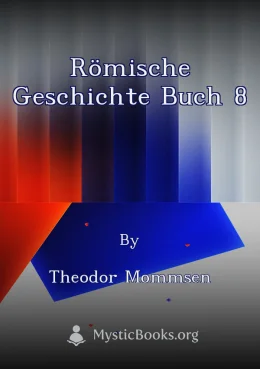
Römische Geschichte Buch 8 by Theodor Mommsen
The eighth and final volume of Theodor Mommsen's monumental history of ancient Rome, covering the period from Caesar to Diocletian. It explores the po...

North America Vol. 1 by Anthony Trollope
Anthony Trollope, a prominent Victorian novelist, embarked on a journey through North America in 1861, documenting his experiences and observations in...

Princes and Poisoners: Studies of the Court of Louis XIV by Frantz Funck-Brentano
This book explores the tumultuous court of Louis XIV, a place rife with plots, intrigues, and danger. Drawing from extensive research in the archives...
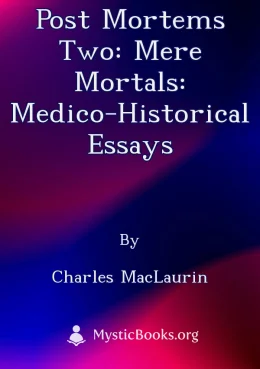
Post Mortems Two: Mere Mortals: Medico-Historical Essays by Charles MacLaurin
This book, 'Post Mortems Two: Mere Mortals', is a collection of essays by Charles MacLaurin, published in 1925, which delve into the lives of prominen...

Report On The Investigation Into Russian Interference In The 2016 Presidential Election by Robert Mueller
The Mueller Report, officially titled 'Report On The Investigation Into Russian Interference In The 2016 Presidential Election', is a comprehensive do...

God and the State by Mikhail Bakunin
God and the State (called by its author The Historical Sophisms of the Doctrinaire School of Communism) is an unfinished manuscript by the Russian ana...
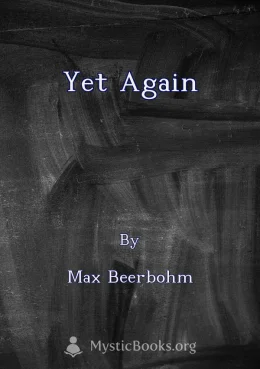
Yet Again by Max Beerbohm
Max Beerbohm's 'Yet Again' is a collection of essays exploring diverse themes and styles. Beerbohm, a renowned English writer and artist, delves into...

Popular History of France from the Earliest Times vol 4 by François Pierre Guillaume Guizot
François Pierre Guillaume Guizot's "Popular History of France" is a comprehensive and engaging account of French history from its earliest beginnings...
Reviews for The History of England, from the Accession of James II - (Volume 4, Chapter 21)
No reviews posted or approved, yet...